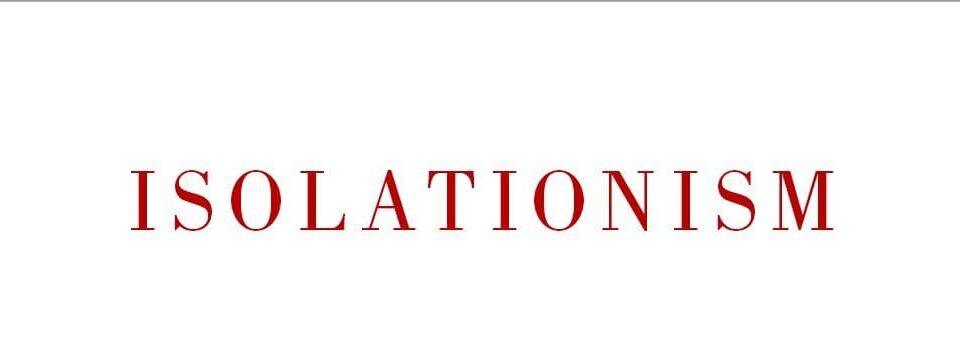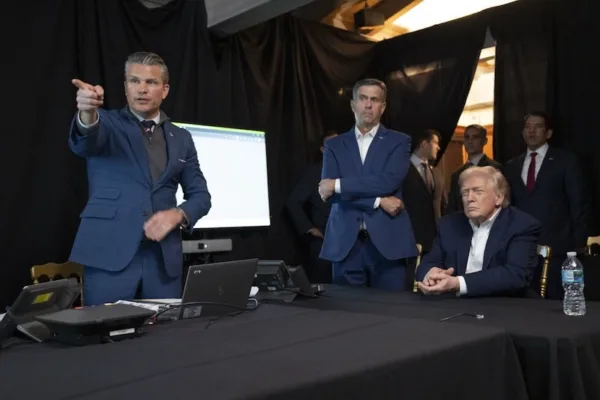Event Summary: Isolationism: A History of America’s Efforts to Shield Itself From the World

On Thursday, October 15, 2020, the SETA Foundation at Washington, DC hosted a virtual panel to discuss ‘Isolationism: A History of America’s Efforts to Shield Itself From the World.’ The discussion featured Dr. Charles Kupcan, professor of international affairs at Georgetown University. The panel was moderated by Kadir Ustun, Executive Director at SETA DC.
To begin, Kupchan spoke about his motivation for writing the book. For many Americans, Trump’s ‘American first’ approach to statecraft is shocking, but this is not the first time the US has embraced these policies. Isolationism, unilateralism, protectionism, and nativism have very strong traditions in American foreign policy. From 1789 to 1941 when the Japanese invaded Pearl Harbor, these concepts were the dominant themes of American statecraft. Isolationism, which he defined as a reluctance to take on commitments outside of North America, has both a good side and a bad side. The idea of the founders was that the US needed to attain an isolationism that would allow it to enjoy its natural security. It helped the US rise in the 19th century but then turned dark and diluted during the interwar period. In order to understand isolationism, it is important to know that the idea of American exceptionalism, for most of US history, was a justification for keeping the rest of the world at bay and staying out of foreign entanglements.
Today, Trump’s ‘America first’ approach harkens back to old traditions. Isolationism is the original and oldest brand of American statecraft, and right now, the American public believes that the US has bitten off more than it can chew abroad. Republicans and Democrats alike believe it is time for the US to reduce its foreign commitments. Kupchan calls for a foreign policy that does less but still does enough. The world has changed too much to return to isolationism but the US is now in a position where its foreign policy has overreached; finding an equilibrium is critical. Through judicious retrenchment, the US can build a new consensus behind an America that stays engaged in the world but brings foreign commitments within its own means and purposes. He added that Trump is part of the trend of strategic retrenchment seen under Obama. For example, Obama wanted to get out of the Middle East, and he thought that a troop surge would allow him to leave during his presidency. Trump is having a similar problem, but his approach relies on making demands and avoiding consulting with allies, disengaging the US from the rest of the world. If Biden wins in November, Kupchan urged him to not attempt to turn back the clock to the Obama era because too much has changed. As learned from Obama and Trump, the American people want to lighten the load.




















